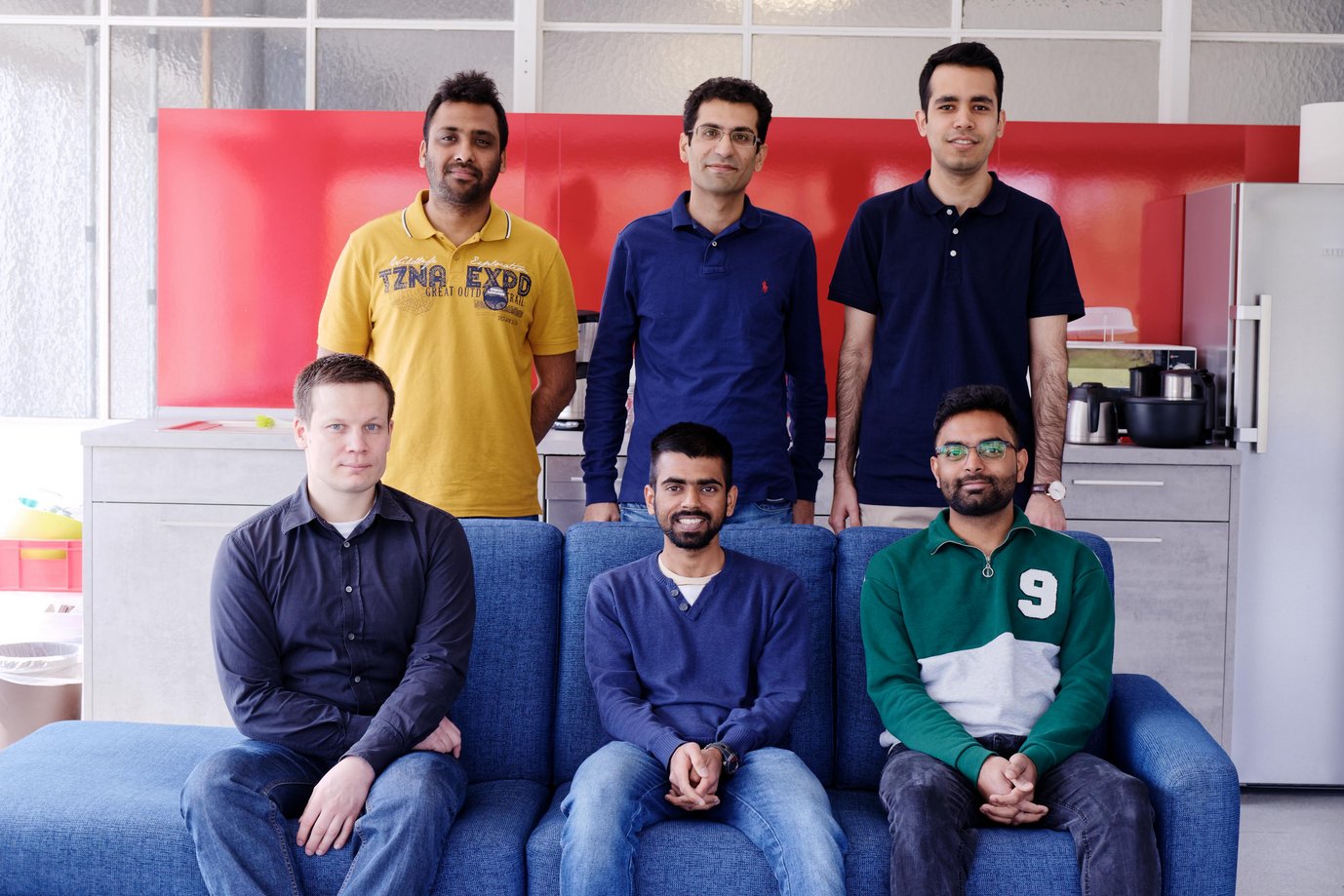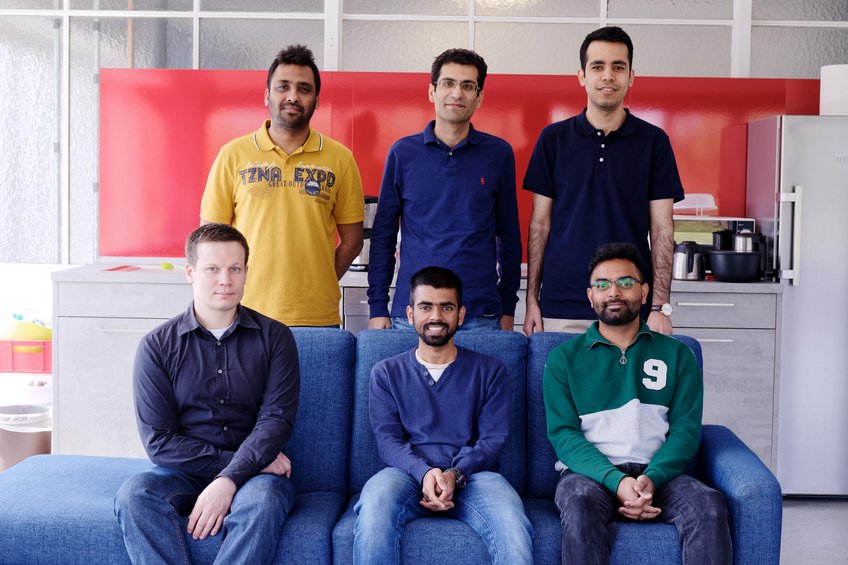
Integrated Computational Materials Engineering
Engineering materials are subjected to various thermo-chemo-mechanical loads during production and in service. The aim of the "Integrated Computational Materials Engineering" research group is the development, implementation, and application of models that allow to investigate who the materials respond to these loads. To enable investigations at time and length scales relevant for engineering applications, the models are typically based on continuum formulations.
In order to have a software platform that allows to easily develop new models, the Düssseldorf Advanced Material Simulation Kit (DAMASK) is developed and maintained in the ICME group. DAMASK provides constitutive descriptions for (crystal) plasticity, damage, and temperature evolution that can be interfaced to external or internal solvers for boundary and initial value problems. It is free and open source software and can be integrated into a larger ICME toolchain consisting for example of DREAM.3D, Neper, MTEX, Paraview and a variety of python-based analysis tools.
To validate and apply the models that are implemented into DAMASK, we collaborate with experimentalists from MPI-SusMat, other research institutions, and universities. This allows it to employ the developed tools to answer materials science and engineering related questions. Moreover, experimental results are used to adjust the model parameters. The tools developed in the ICME group are formulated as general as possible with a strong focus on multi-physics modeling approaches for complex materials.
The ICME group was established by Martin Diehl, who continues works now as assistant professor at KU Leuven and continues to develop DAMASK collaboration with MPI-SusMat and Philip Eisenlohr from Michigan State University.

